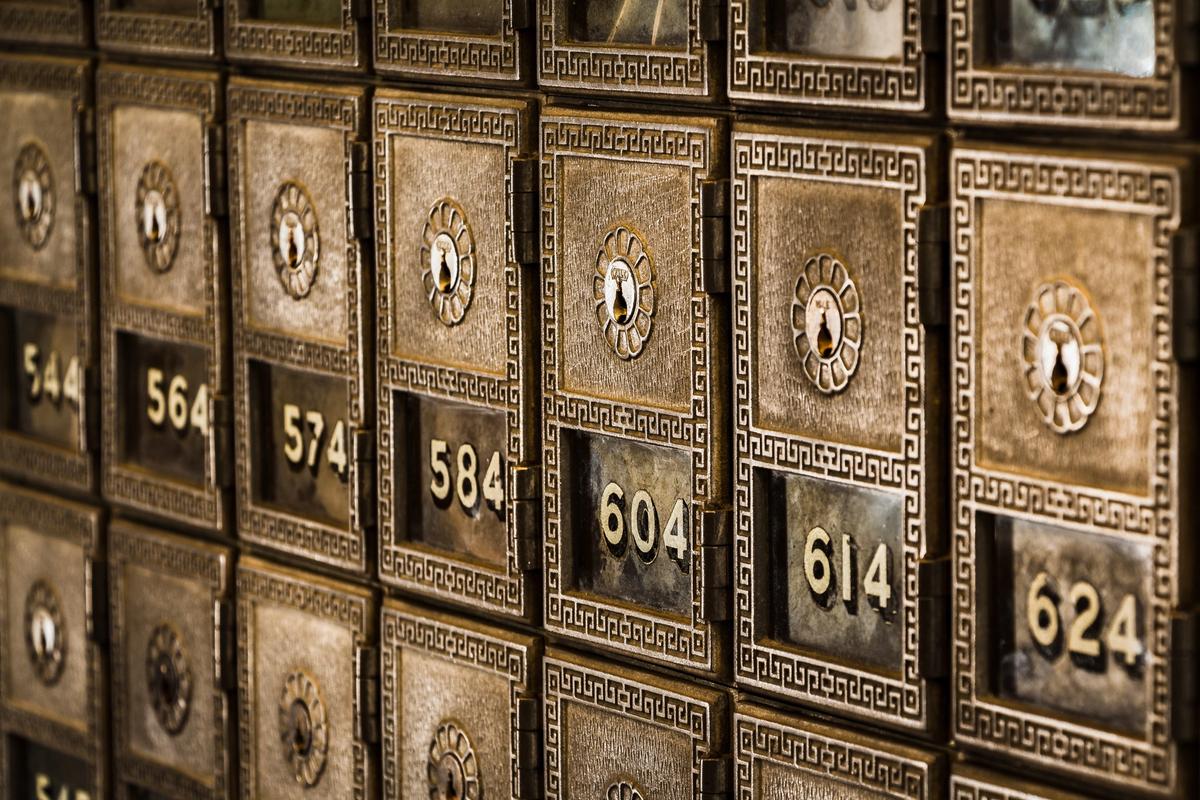On 19 April, the European Parliament adopted the fifth Anti-Money-Laundering directive, which will tighten regulation of the art market. The aim of the new rules, first proposed in 2016 in the wake of the Panama Papers scandal, is to increase transparency around financial transactions and require banks and vendors to verify clients’ identities and to report any suspicious behaviour.
The regulations, which come into force in January 2020, will cover all businesses selling works of art with transactions of €10,000 or more, irrespective of the payment method (credit card, bank transfer, cheque or cash), compelling traders to verify the identity of customers before making a transaction. Lower-value linked payments adding up to €10,000 or more will also now be covered. The existing regulations apply to any business trading in goods or making transactions of €10,000 or more in cash.
The International Confederation of Art and Antique Dealer Associations (Cinoa) lobbied against the new legislation in its current form, arguing that it imposes additional red tape on small businesses. Cinoa’s chief concern is that the €10,000 threshold is too low, and that the linked transactions rule means that many low-value sales will be affected, with traders having to also monitor each client’s spend and then verify their identity if they reach the €10,000 threshold. Cinoa also questions how internet sales can be verified when a business cannot see a new client’s identity documents in person.
Anthony Browne, the chairman of the British Art Market Federation (BAMF) says that, while not opposed to the new laws, “BAMF’s main concern is to now work with the government to minimise the administrative effect on small businesses”. The extension of the directive to cover all payment methods, rather than just cash, “will bring almost all BAMF member businesses into the regulated sector”, Browne says.


